Everyone who is acquainted with the Dalit movement in this country and yes, there has been one for decades, if not more, has heard of Phoolan Devi. Some of you might refer to her as Bandit Queen, if you’ve seen the film of the same name by Shekhar Kapur, a movie based on her biography, but pretty far removed from it.
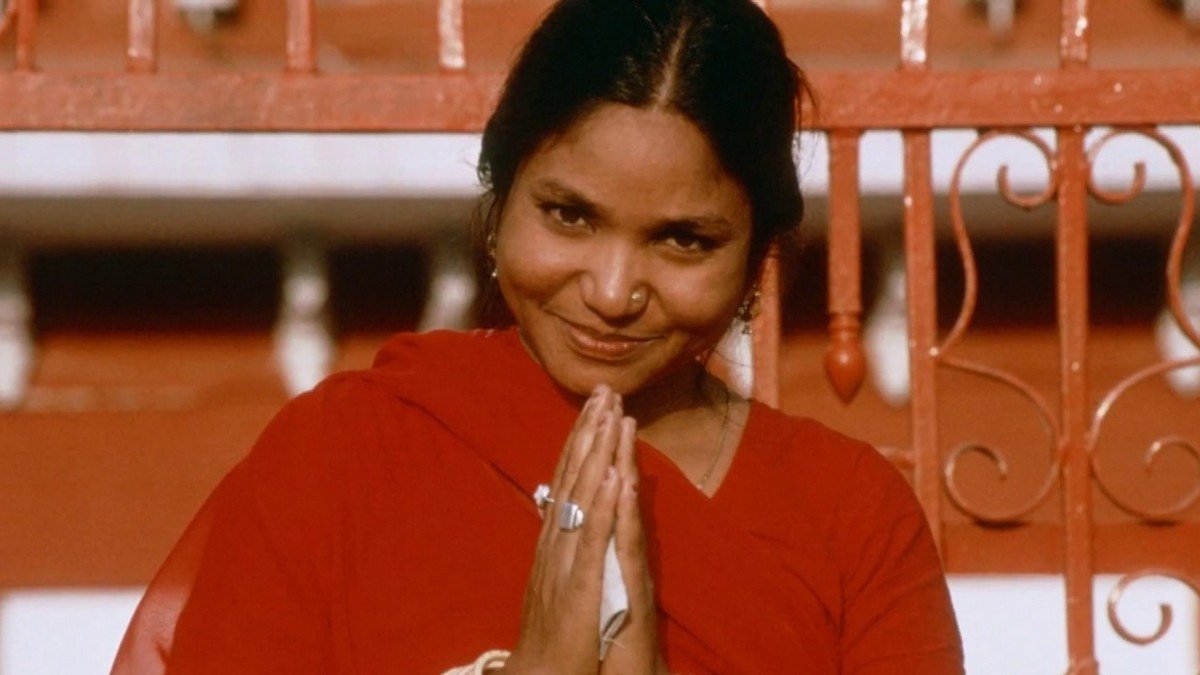
But in the unfortunate event that you are still unaware of the legend, now is a time as good as any to know a little bit about her.
The famous dacoit from Chambal was an anti-caste revolutionary. The story of her life is riddled with abuse, rape, violence of the most disturbing kind, systematic patriarchal oppression and her constant fight against it to eventually become a parliamentarian and assassination to cap it.
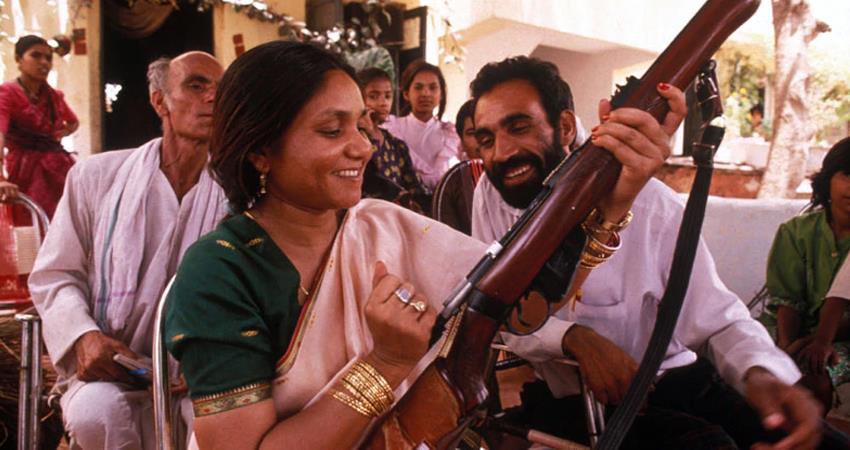
In August 10, 1963 in Uttar Pradesh’s Ghura Ka Purwa, the 11-year-old was married off to a man more than thrice her age, for a bicycle and a cow. And all that happened because she protested against her cousin hijacking her family land.
A year of abuse later, she returned to her maternal family with an unborn child but was shunned.
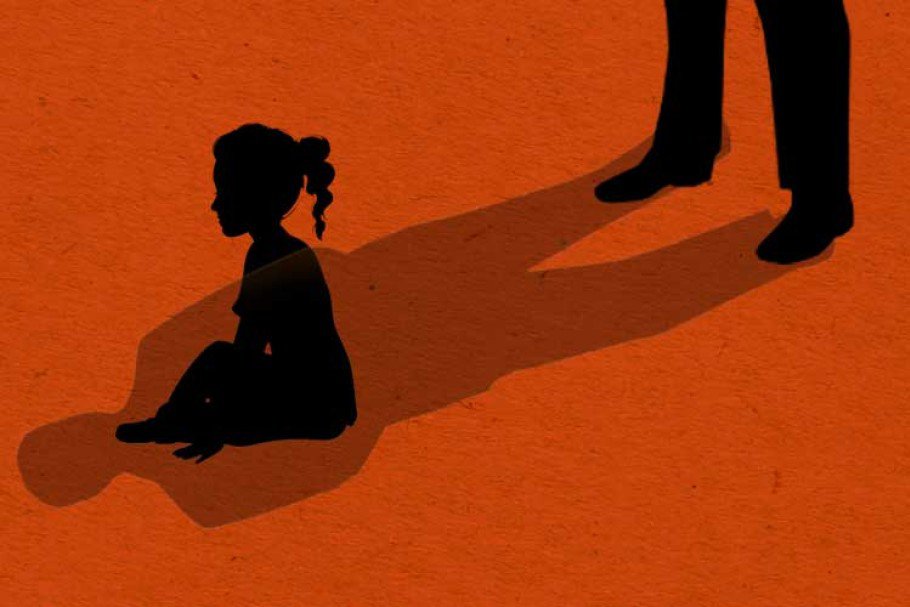
However, if you think this was the worst of her problems, you couldn’t be more wrong. In the July of 1979, dacoits entered her house and kidnapped her.
She was then raped by Babu Gujjar, their leader for the next 72 hours. On the 4th day, Gujjar was shot dead by Vikram Mallah, a lowered-caste member of the gang.
Mallah was later killed by Shri Ram and Lala Ram, two of the upper-caste members of the gang as a revenge for killing Gujjar.
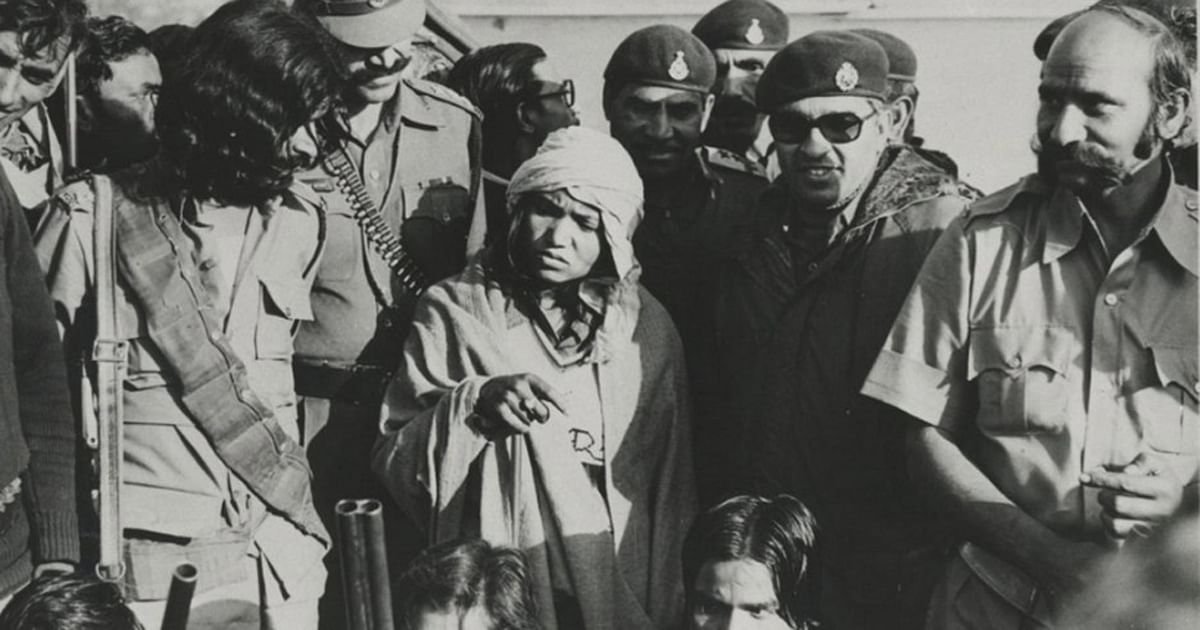
She was then thrown off a boat and kidnapped again. This time, she was taken to Behmai in UP where Thakur men took turns to rape her till she fell unconcsious.
They raped her for 3 weeks before she managed to escape and join her former band of dacoits.
It is important to note that she herself never spoke of this incident.
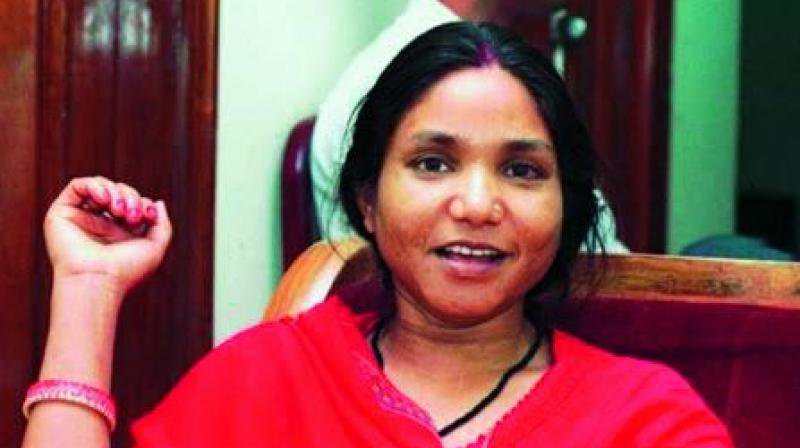
Devi returned to Behamai with her gang a few months later and asked the villagers to hand over the 2 men that had killed Mallah and kidnapped her.
When the villagers didn’t oblige, she ordered 30 men to kneel in a single file and shots were fired. 22 of them perished in the gunfire. That was the day she came to be known as ‘Devi’, a name that commanded both fear and respect.
Phoolan Devi surrendered a couple of years later and spent the next 11 months in jail but was never tried for the murders. In 1992, Samajwadi Party granted her a ticket to contest from Mirzapur in UP, where she won.
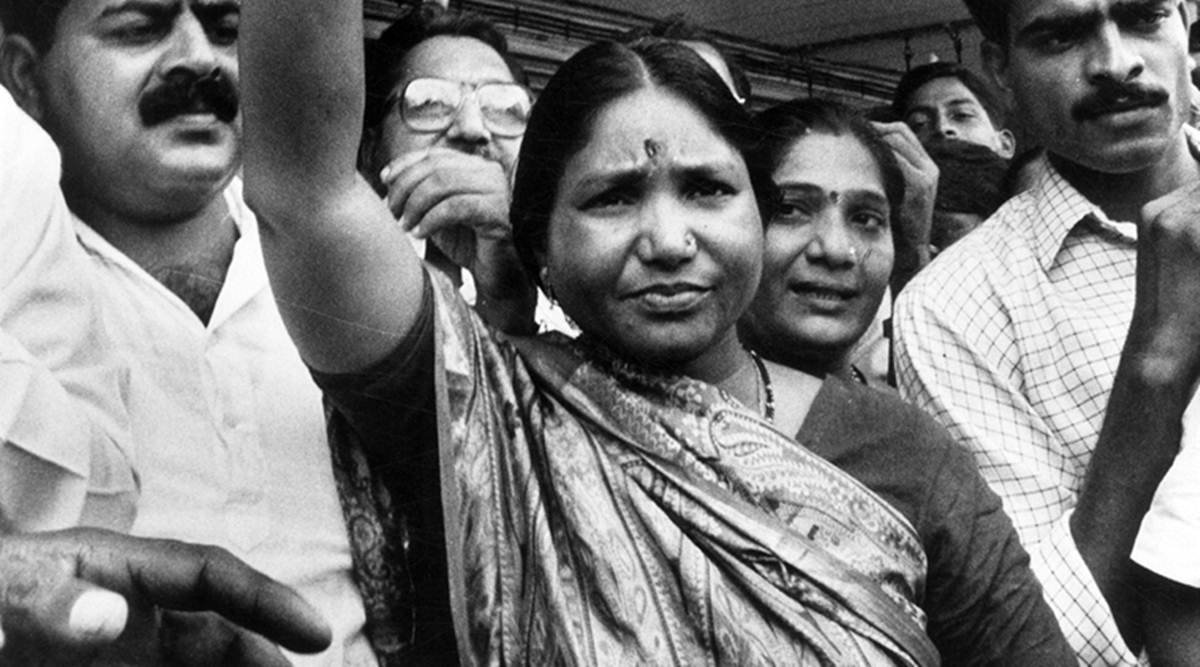
During this time, she formed the Eklavya Sena, to teach self-defence to members from lowered-caste communities. She won her second term in 1999.
The Behmai massacre angered upper-caste egos and ultimately led to her assassination in 2001 by Sher Singh Rana when she was serving as a Member of the Parliament at the age of 37.
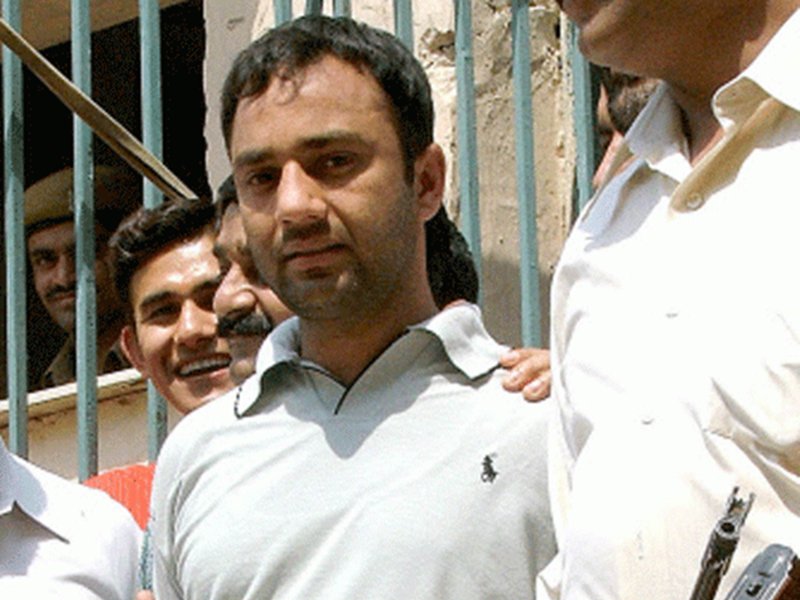
Phoolan Devi’s life seems like an anomaly but it really isn’t. The terrible tragedies that happened to her in the 70s and 80s, continue to happen to this day, as recently as September-October of 2020.
Which is why it is highly important that we remember her, remember her story. India is unsafe for women. But Dalit women come at the bottom of the social hierarchy of our society. Reports state that at least 4 Dalit women are raped every day in India.
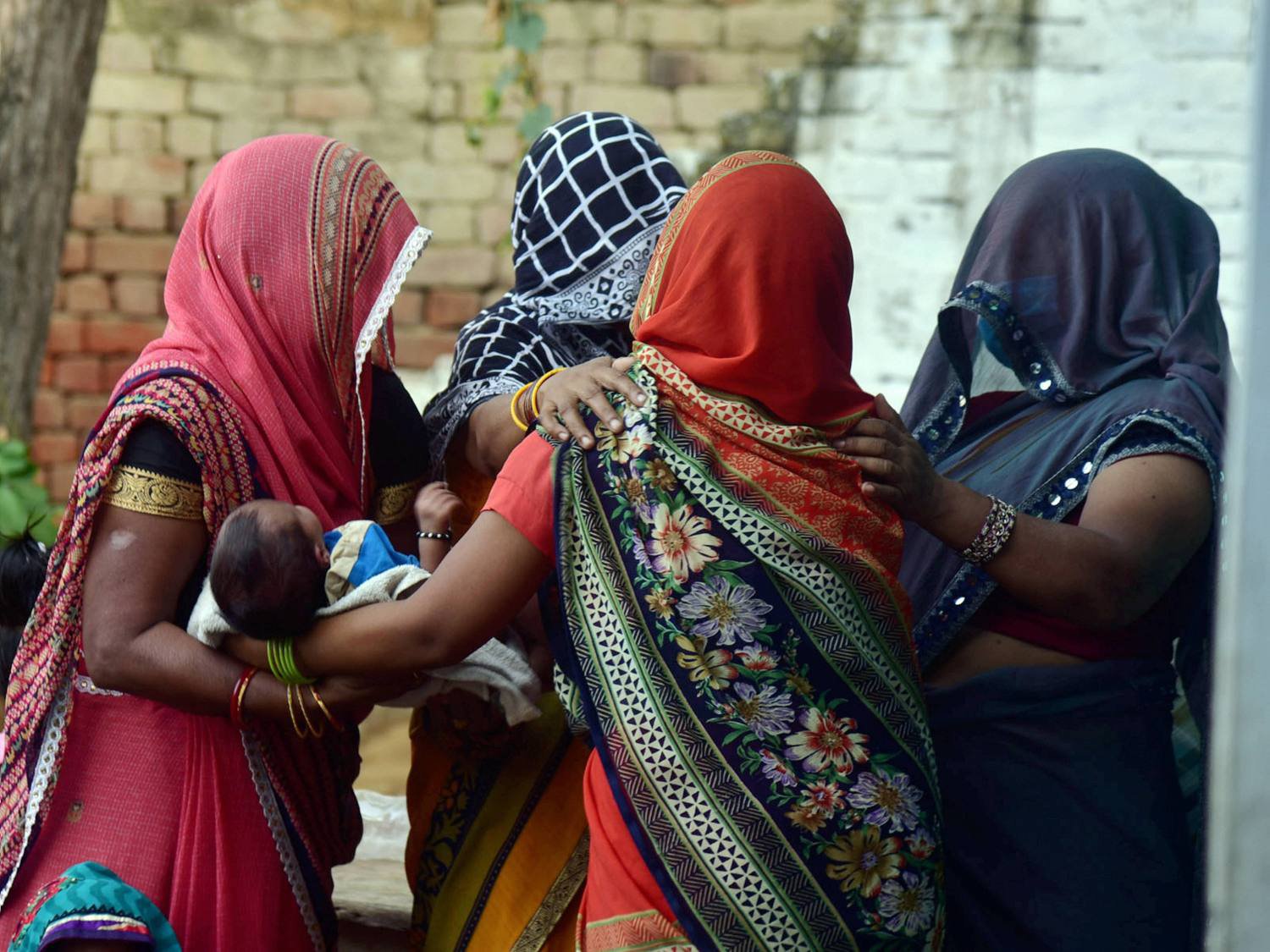
According to The Hindu, in the number of cases of rape of women belonging to SCs, Rajasthan topped the list with 554 cases, followed by Uttar Pradesh at 537 and Madhya Pradesh at 510 cases.
Since 2018, a 7.3% rise in crimes against SCs was reported. At 11,829 cases, Uttar Pradesh recorded the highest number of crimes against SCs in 2019, followed by 6,794 cases in Rajasthan and 6,544 cases in Bihar.
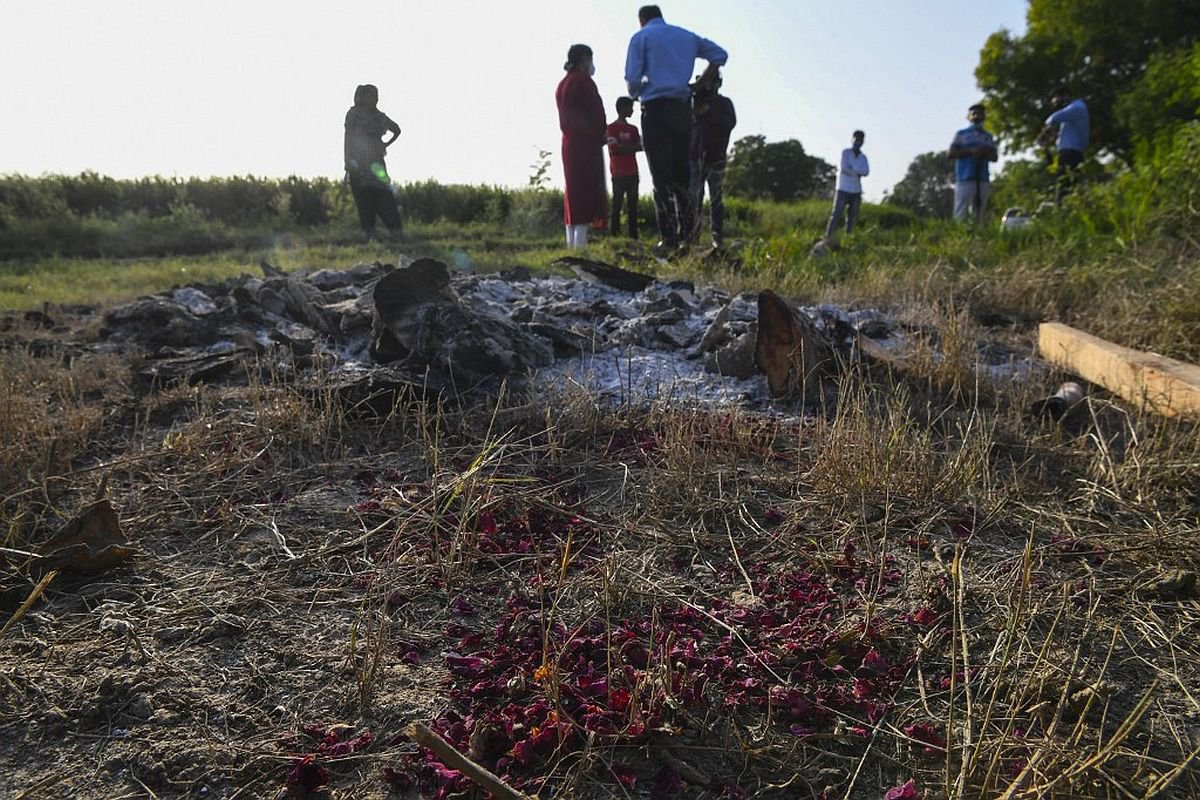
So, you can sit comfortably and argue that the caste system is a thing of the past or it only happens in the rural areas but it’s all around us and women are simply affected the worst! I wish I was educated enough to tell you what lesson you can learn from this story. But I guess, you just have to look around and find some empathy.

















